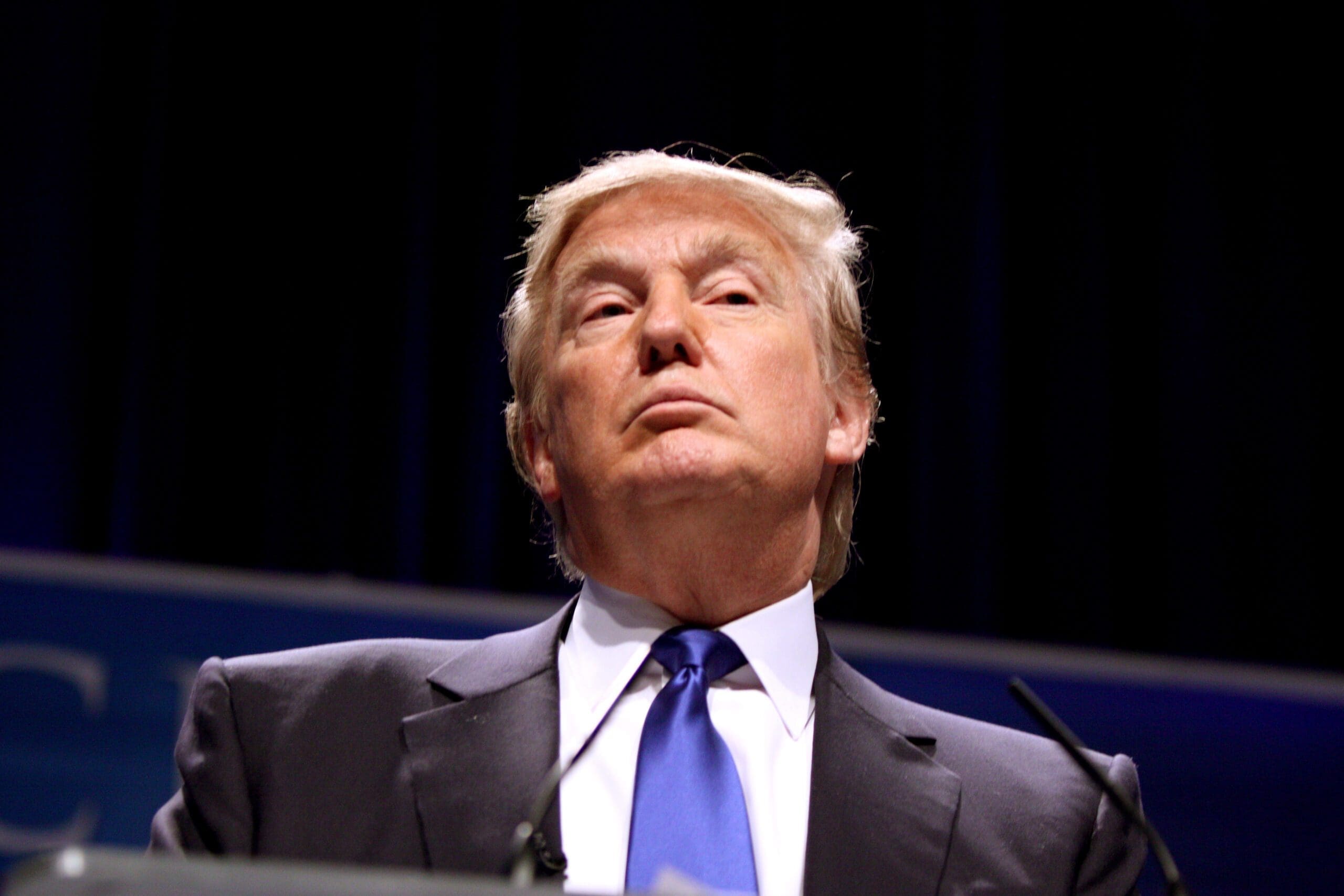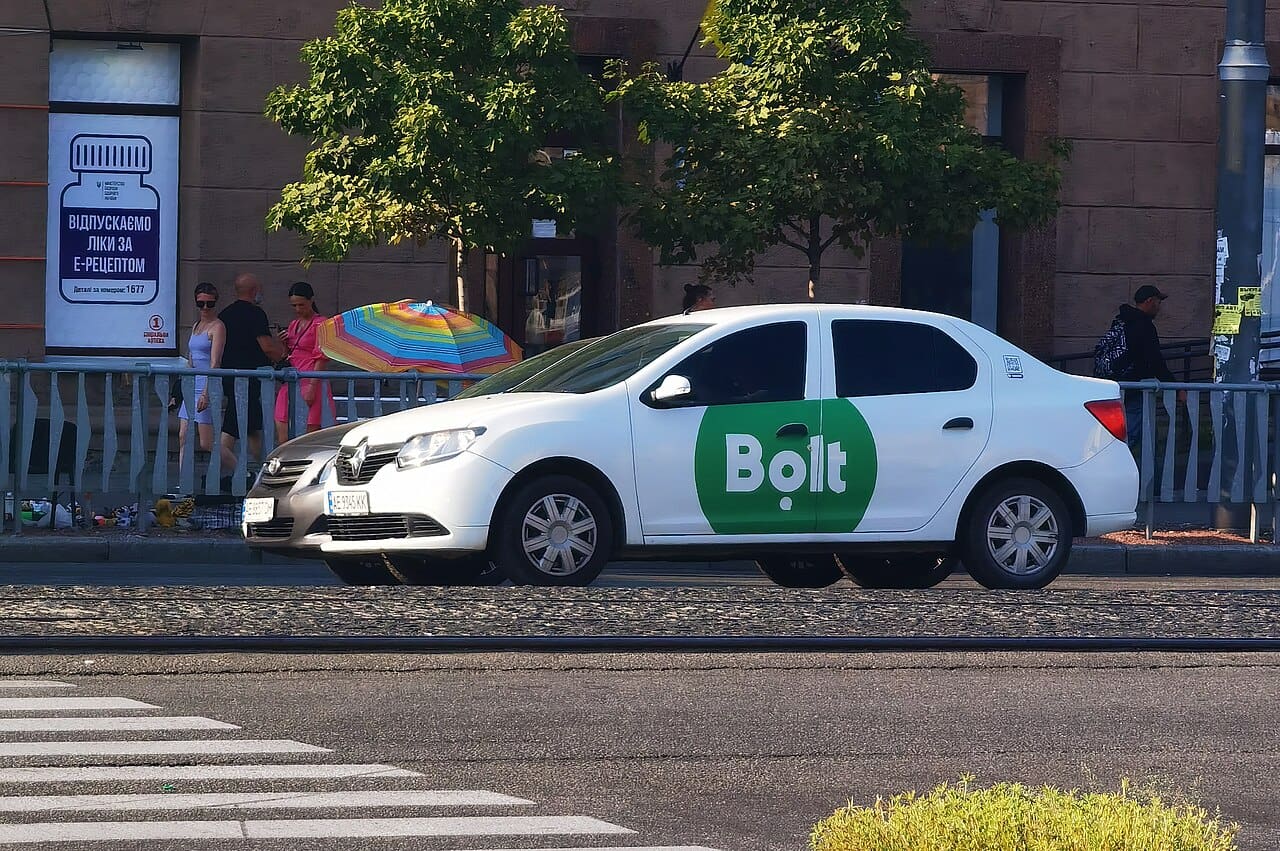What happens when a multi-billion-dollar trade deal that supports thousands of jobs and businesses hangs in the balance? That’s the question South Africa faces as the African Growth and Opportunity Act (AGOA) inches closer to expiration in September this year. But with major political shifts in the US and growing uncertainty, can South Africa secure its place in the deal—or is it time for Plan B?
What’s been happening
We’ve told you in detail over the last few weeks about how US President Donald Trump has set his sights on South Africa over the last couple of weeks, falsely accusing the country’s government of ill-treating Afrikaner South Africans and white farmers in part thanks to the Land Expropriation Act, which was passed in late January. Their claims have been widely widely debunked.
Still, Trump, along with his newest right-hand man, Elon Musk, has been spreading misinformation on widespread land seizures in South Africa, even going as far as issuing an executive order in February banning all financial aid to South Africa and offering Afrikaners asylum in the US.
The executive order also accused South Africa of taking “ aggressive positions towards the United States and its allies, including accusing Israel, not Hamas, of genocide in the International Court of Justice, and reinvigorating its relations with Iran to develop commercial, military, and nuclear arrangements.” 🙄
Now, four Republican congressmen have written to Trump, demanding that he revoke South Africa’s membership to AGOA and cut diplomatic ties with Pretoria for, amongst other things, its relationship with China and South Africa’s support for Hamas and anti-Israel stance. In a letter dated 11 February 2025, Andrew Ogles, Tom Tiffany, Joe Wilson and Don Bacon said South Africa had a vendetta against Israel, was allegedly committing human rights violations and was friendly with China’s Community Party. This follows previous moves last year by Republican congressmen to question South Africa’s access to preferential duty-free exports to the US via AGOA.
A lot is going on here. But should Mzansi be worried? Let’s unpack what AGOA is and what it would mean for both countries if South Africa loses access to American markets.
AGOA explained
The African Growth and Opportunity Act, otherwise known as AGOA, is a congressional act signed into law by Bill Clinton, the 42nd president of the US, on 18 May 2000.
Its roots lie in the 1990s, when the US realised it offered few benefits to African businesses wanting to export their goods to the US and wanted to improve US-Africa relations.
Although a trade agreement called the Generalised System of Preference or GSP was already in place, AGOA changed the game by offering more attractive and longer-term benefits and incentives beyond those available to Sub-Saharan African countries under the GSP while also being tied to a range of other commitments and additional US support. Major South African exports to the US include precious stones and metals, motor vehicles, parts and accessories, iron and steel, machinery, aluminium products, ores, organic chemicals, edible fruit, chemical products and nickel products.
AGOA gives Sub-Saharan countries the right to trade in the US without tariffs. Tariffs are a form of tax applied on imports from other countries meant to help local businesses compete with cheaper imports. For example, say you order a dress from Shein for R100. When the dress arrives in South Africa, you don’t just pay Shein—you also have to pay the government a tariff.
For clothes, the tariff is about 45%. So, for your R100 dress, you’d pay an extra R45. Plus, there’s a 15% VAT added on top of that. So, after all the fees, your R100 dress costs about R166.75. That extra R66.75 goes to the South African government.
With AGOA—your dress can be sold in the US without tariffs, making it cheaper and more competitive. But if it ends, US buyers would have to pay extra taxes on those products. Ultimately, American consumers would be the ones footing the bill.
So, how much would pulling the deal hurt us? In 2022, avoided tariffs equated to less than 1% of South Africa’s total exports to the US, according to sustainable development researcher Nick Hedley. He notes that, in the grand scheme of things, that’s a small number. But in an economy as stretched as ours, we need every hand-up we can get, and AGOA is still an important trading deal.
So, who’s part of AGOA?
The AGOA legislation gives the US president the power to decide which country benefits from the trade agreement. Currently, 32 Sub-Saharan countries are eligible for AGOA, with South Africa being one of them. Some countries that were once part of AGOA have been removed for various reasons, chief among them being human rights violations. For example, Burundi has been suspended from AGOA since 2023 for the 2022 coup d’états, and Uganda has been suspended from AGOA since January 2024 for their “gross violations of internationally recognised human rights” after they passed the Anti-Homosexuality Act in 2023.
Professor John Stremlau, an academic at the University of the Witwatersrand, mentions that South Africa could be about to join this unholy club despite our outstanding track record in protecting human rights. “The Biden Administration at least cared about these sorts of human rights violations and acted against AGOA member countries who violated them. Trump doesn’t care. He and the Republicans are only interested in punishing South Africa, not only for the Land Expropriation Act but also for the stance they’ve taken on Israel,” says Stremlau.
Countries also lose eligibility once they “graduate” from AGOA and are deemed to have benefited from the programme once they become a “high-income” country, as defined by the World Bank. Examples of such countries include Equatorial Guinea, which graduated in 2011 and the Seychelles, which left the programme in 2017.
So what happens if we’re booted out?
With AGOA expiring in September 2025, should South Africa be worried? According to Hedley, losing AGOA wouldn’t be a bad thing, although there would be industries, like the automotive industry, that would be harder hit than others. Stremlau agrees and says that begging Trump would be “a shot in the dark.” This won’t be the first time members of Congress have tried to get South Africa booted from AGOA, but previously, the Democrats were more partial to South Africa and controlled power in the White House.
This time, with Republicans controlling the White House, Congress and Senate, we might be out in the cold for real. So what are our options? “To navigate the loss of AGOA benefits and the acceleration of deglobalisation, South Africa’s only real option is to enhance the competitiveness of its industries,” writes Hedley.
“This means keeping electricity costs in check, restoring energy security, fixing the freight rail network, providing long-overdue policy certainty, and offering some state support in the form of tax breaks for investments that yield efficiency improvements, among other things.”
We’re not the only ones bearing the brunt of Trump’s isolationist and protectionist stance. Most notably, Trump issued an executive order to hit the US’s own neighbours, Canada and Mexico, with 25% tariffs in early February. The two neighbours fired back with tariffs of their own, leading to Trump halting the tariffs for 30 days. Tariffs are his favourite way of forcing his will on other countries.
When it comes to AGOA, South Africa wouldn’t be the only country affected if the deal is not renewed. Landlocked sub-saharan countries like Botswana, Eswatini, Lesotho and Zambia rely on South African ports, such as Durban and Port Elizabeth, to handle their import and export activities, given their landlocked geography. If we’re kicked out, this could mean higher logistical costs for them and even more red tape to prove that their products are not from South Africa.
The US also needs to watch out as it’s leaving a vacuum on the world stage that its political opponents will fill. For example, there’s also the Forum on China-Africa Cooperation (FOCAC), which is basically China’s way of strengthening its ties with Africa, focusing on trade, investment, and infrastructure.
FOCAC began in 2000, the same year AGOA began. However, unlike AGOA, where the US sets the rules, FOCAC is more of a partnership. China invests heavily in African roads, railways, and factories while importing raw materials from the continent. This is part of the country’s Belt and Road Initiative, which aims to centre China’s dominance over Western countries and offers developing countries – sometimes with mixed results – assistance and finance with less strings attached than those from the West.
FOCAC’s latest summit, held in Beijing in 2024, brought together leaders from 53 African countries. China promised around $50.7 billion in investments and loans to Africa over the next three years.
South Africa plays a big role in FOCAC, with President Cyril Ramaphosa attending the summit and strengthening ties with China.
With Trump and other Republicans now pointing to South Africa’s close relationship with China as another reason to reconsider AGOA, Mzansi finds itself in a geopolitical tug-of-war.
So, if AGOA falls through, could FOCAC help fill the gap? Maybe. But like Hedley pointed out, relying too much on one partner—whether it’s the US or China—comes with risks. It’s all about finding the right balance.
So, while we should be working on improving relations between Washington and Pretoria, whether we lose AGOA or not, we’ll be alright—slightly pinched, but alright.
Tshego is a writer and law student from Pretoria. A keen follower of social media trends, his interests include high fantasy media, politics, science, talk radio, reading and listening to music.
He is also probably one of the only people left who still play Pokemon Go.




